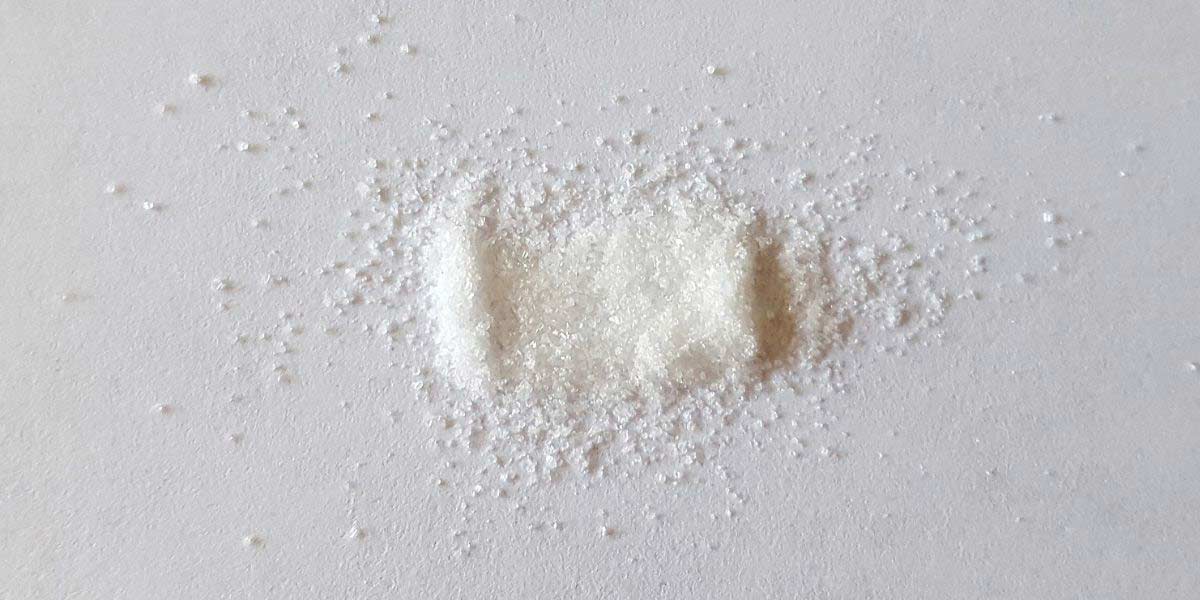The Short and Long-Term Effects of Ketamine


Medical Writer:
Reviewer:

Johnny Kim
Executive Psychotherapist
Medical Writer:
Reviewer:

Johnny Kim
Executive Psychotherapist
Understanding Ketamine and Its Growing Presence
Ketamine might sound like something out of a science fiction novel, as it was originally developed as an anesthetic and is now used in some mental health treatments. However, for many, it’s become a drug that walks the fine line between medical use and addiction. While its reputation as a party drug or quick fix for emotional pain might make it seem harmless, the reality is more complicated.
At White Oak Recovery Center in Hollywood, California, we’ve seen how the effects of ketamine can impact a person’s physical and emotional health in ways that aren’t always obvious at first. Understanding how ketamine affects your mind and body is the first step toward taking back control.
Table of Contents
Toggle- Understanding Ketamine and Its Growing Presence
- What Is Ketamine?
- The Short-Term Effects of Ketamine
- The Long-Term Effects of Ketamine
- Ketamine Abuse
- The Effects of Ketamine Withdrawal: A Difficult but Necessary Step
- The Negative Effects of Ketamine on Mental Health
- Healing From the Effects of Ketamine and How Treatment Can Help
- Rediscovering Reality
What Is Ketamine?
Ketamine, recognized for its dissociative properties, functions both as a chronic pain reliever and a hallucinogen. The drug was first used in 1970 for anesthesia in people and animals. Since then, it has been illegally made and abused.
Ketamine induces trance-like and euphoric effects, contributing to its popularity as a party drug. It is classified as a date rape drug along with GHB and Rohypnol. This can make users feel disconnected from reality and experience memory problems.
Street Names
Frequently used street names include:
- Super C
- Vitamin K
- Super K
- Special K
- K
The Short-Term Effects of Ketamine
When people talk about using ketamine recreationally, they often describe a dissociative “high,” or feeling detached from their body or surroundings, almost like watching life from the outside. That’s part of what makes the short-term effects of ketamine so appealing, but also so risky.
Common short-term effects of ketamine use include:
- Euphoria or intense calm.
- Visual or auditory hallucinations.
- Numbness or loss of coordination.
- Slurred speech or confusion.
- Increased heart rate and blood pressure.
These effects may last less than an hour, but they can leave a lasting impression. Some users even experience something called a “K-hole,” an intense dissociative state where they lose touch with reality completely. While that might sound like a surreal escape, it can quickly become terrifying and dangerous, especially if used repeatedly or mixed with other substances.
Even though ketamine has been explored as a treatment for depression under medical supervision, using it recreationally or without guidance can cause more harm than healing.
The Long-Term Effects of Ketamine
What starts as occasional use can evolve into a serious issue over time. The long-term effects of ketamine can reach far beyond the initial high, affecting not only your mental state but also your body’s ability to function normally.
Some of the long-term effects of ketamine use may include:
- Memory problems or difficulty focusing.
- Depression or mood instability.
- Bladder and urinary tract damage (sometimes permanent).
- Stomach pain and digestive issues.
- Liver or kidney damage.
Over time, the brain becomes less responsive to natural pleasure signals, leading to dependency and emotional numbness. What once felt like a way to “take the edge off” can become something that takes over entirely.
At White Oak Recovery Center, our team understands how subtle and progressive the effects of ketamine use can be. Many individuals don’t realize they’re dependent until they try to stop, and then must face the difficulty of ketamine withdrawal.
Ketamine Abuse
Ketamine is very similar to PCP in how it’s made, but it’s only one-tenth as strong. It is made as a white powder or liquid and can be addictive, with a high chance of misuse. Similarly, like numerous recreational drugs, it is often mixed with other substances like alcohol, MDMA, cocaine, stimulants, and caffeine.
Over half of the people who misuse ketamine say they have withdrawal symptoms, including:
- Feeling very tired
- Acting mean or angry
- Yawning a lot
- Feeling mad
- Getting easily annoyed
- Feeling sad
The Effects of Ketamine Withdrawal: A Difficult but Necessary Step
When the body adjusts to regular ketamine use, stopping can be uncomfortable, including physically, mentally, and emotionally. The effects of ketamine withdrawal can vary, but they often include:
- Anxiety and irritability
- Fatigue and depression
- Tremors or sweating
- Cravings for the drug
- Sleep disturbances
These symptoms can make quitting feel impossible, which is why professional help is often essential. At White Oak Recovery Center, we offer medical detox to help manage withdrawal safely and comfortably. Detox is the first step, but real healing happens through comprehensive addiction treatment that addresses both the physical and psychological aspects of recovery.
The Negative Effects of Ketamine on Mental Health
While ketamine has been used in clinical settings to support people with treatment-resistant depression, those results don’t translate to unregulated or repeated recreational use. In fact, the negative effects of ketamine on mental health can be significant.
Chronic use can lead to emotional blunting, anxiety, paranoia, and even psychosis-like symptoms. Because ketamine alters perception and memory, it can distort how a person sees themselves and their surroundings. The line between reality and imagination becomes blurred, leaving users feeling isolated and detached from loved ones.
The irony is that many people turn to ketamine to feel better, to escape emotional pain or trauma. Over time, it can deepen those wounds instead. Healing requires a different path. One that doesn’t just manage symptoms, but gets to the root cause of why you felt the need to escape in the first place.
Healing From the Effects of Ketamine and How Treatment Can Help
Recovery from ketamine addiction isn’t about judgment or shame. It’s about understanding, care, and rebuilding a sense of self. At White Oak Recovery Center, we combine evidence-based therapies, compassionate care, and holistic approaches to help clients recover from the short and long-term effects of ketamine use.
Our treatment includes:
- Medical detox to manage withdrawal safely.
- Individual and group therapy to address emotional and behavioral triggers.
- Mental health support for co-occurring conditions such as anxiety or depression.
- Aftercare planning to support long-term sobriety and stability.
Our admissions team makes the process of getting started simple and supportive, guiding you through every step, from the first call to the first day of treatment.
Recovery doesn’t have to feel impossible. With the right help, your body can heal, your mind can clear, and your future can be brighter than you ever imagined.
Rediscovering Reality
The effects of ketamine may start as curiosity or a quick fix, but the toll it takes on your mental and physical health is anything but temporary. If you or someone you love is feeling the weight of ketamine use, help is closer than you think.
At White Oak Recovery Center, we believe in second chances and real recovery. Whether you need medical detox, therapy for mental health support, or long-term addiction treatment, our team is ready to help you take that first step toward clarity and healing.
Call our admissions team today to learn how we can help you overcome the effects of ketamine and rediscover the life you deserve. One grounded in connection, peace, and genuine well-being.

Am I covered for addiction treatment?
Your insurance may cover treatment. Call now for an entirely free and confidential assessment. Recovery starts with a phone call.

- Rosenbaum, Steven B., et al., “Ketamine.” StatPearls: National Library of Medicine, Jan. 2023.
- Pribish, Abby, et al., “A Review of Nonanesthetic Uses of Ketamine.” Anesthesiology Research and Practice, Apr. 2020.
- Orhurhu, Vwaire J., et al., “Ketamine Toxicity.” StatPearls: National Library of Medicine, Jan. 2023.
- Mandal, Suprio, et al., “Efficacy of Ketamine Therapy in the Treatment of Depression.” Indian Journal of Psychiatry, Oct. 2019.
Medical Disclaimer:







